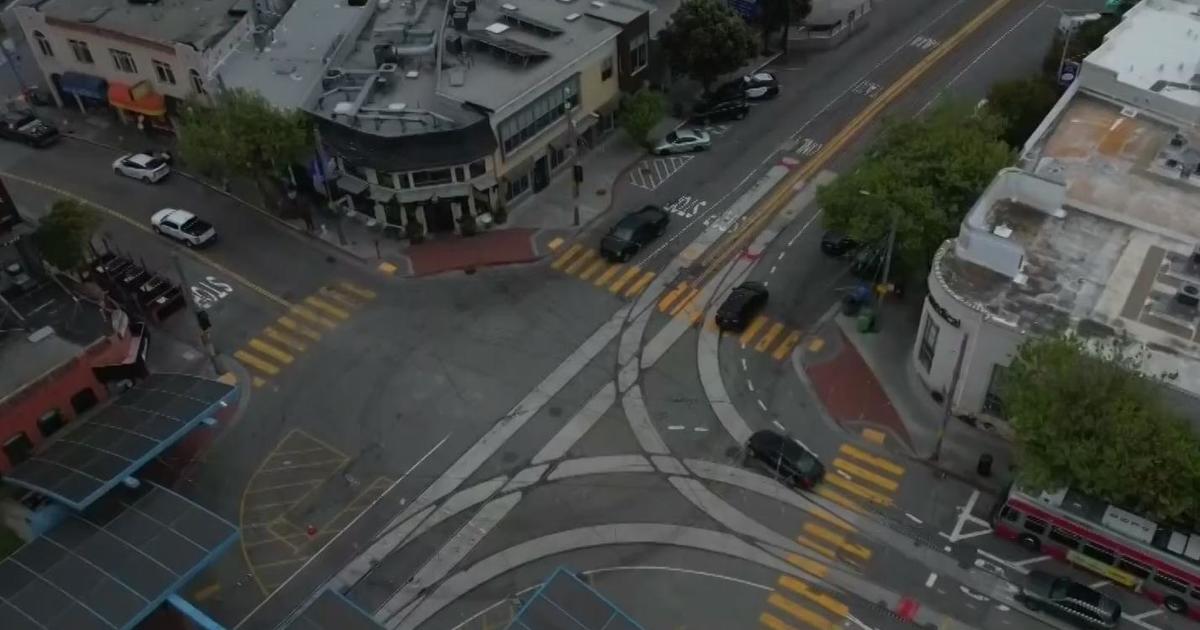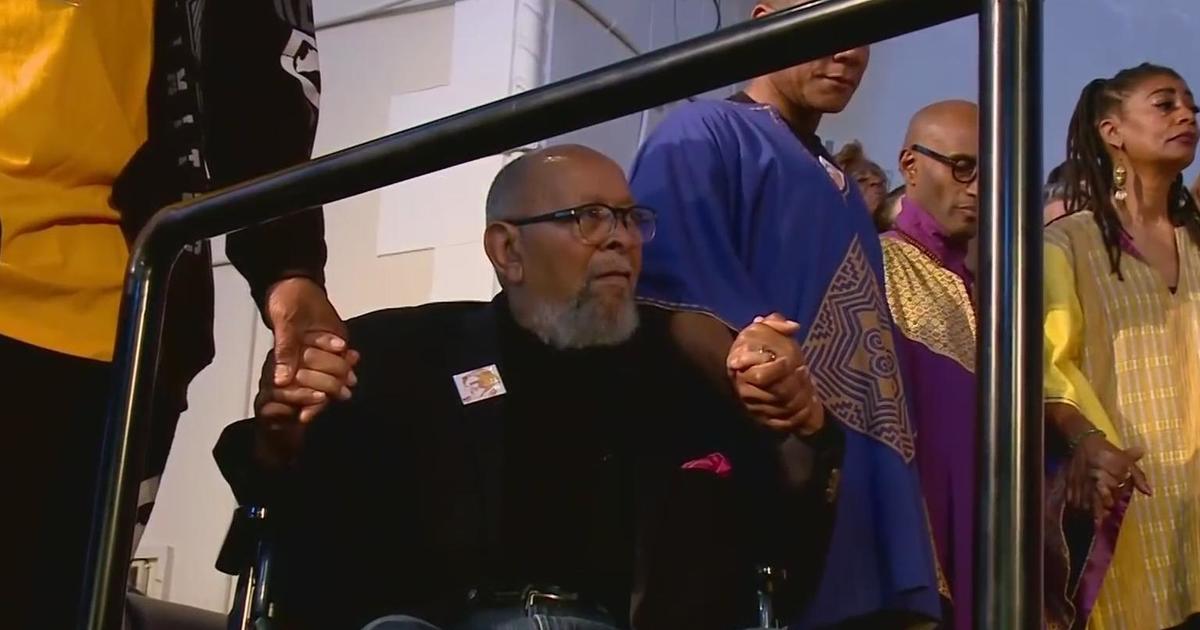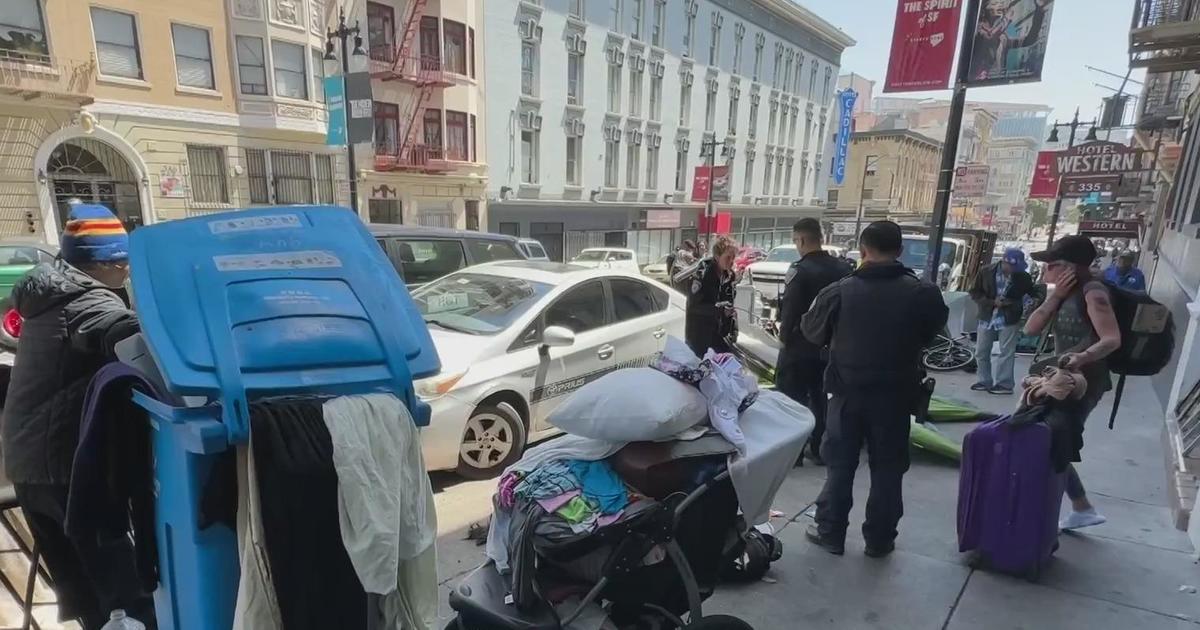San Francisco Health Officials Advise Self-Quarantine After Holiday Travel
SAN FRANCISCO (CBS SF/AP) -- In order to prevent a spike in COVID-19 cases, San Francisco health officials announced this week that residents who leave the Bay Area during the holidays may be asked to quarantine when they return home.
In a statement from the officials, they said that they recommend a two week quarantine for people who interact with individuals from outside their households at less than 6 feet of distance and without wearing masks. They are discussing with five other Bay Area counties whether to issue a regional advisory.
The proposal comes as California has seen coronavirus cases inch up recently, though the infection rate in the nation's most populous state remains much lower than the country as a whole.
The goal would be to prevent a rise in infections in the Bay Area, which has lower case and infection rates than many areas in Southern California. San Francisco, for example, has a positivity of less than 1 percent, compared with 3.3 percent for the state, which state health officials say is about half that of the nation overall.
"The last thing we need is people traveling outside to higher prevalence areas and bringing the virus back," Dr. Matt Willis, the Marin County health officer, said during a recent public meeting about school reopenings.
California has not seen a surge in coronavirus cases like many other states in recent months but infections have been inching up, said Dr. Mark Ghaly, the state's secretary of health and human services. The state reported a 7-day average of 4,471 cases, which is up from a month ago but nowhere near the levels reported after a spike in infections over the summer following a series of business reopenings.
Virus hospitalizations also rose 13.5% over the past 14 days, he said.
Ghaly said he believes California has been able to keep infections relatively low by moving businesses outdoors and slowing down the pace of reopening. As the weather cools and days grow shorter, he said he hopes people can bundle up and keep activities outside wherever possible.
"Although we're seeing some trends up here in California, those trends are modest, steady. We're watching them closely," he said during a weekly briefing. "I think our approach to keeping as much of our activities outdoors even in the formal business sectors as much as possible has contributed quite a bit to keeping transmission low."
State health officials expect to release guidance in the coming weeks ahead of the Thanksgiving and Christmas holidays. Officials are concerned cases could rise as families and friends mix more to celebrate and the weather turns colder and that both could occur as flu season begins.
Shasta County on Wednesday moved to the most restrictive purple category in the state's color-coded framework for business reopenings and Plumas County also shifted backward to the category for moderate transmission from one for minimal cases. Only Colusa County moved forward this week to allow for more business reopenings, to the moderate orange category from the more restrictive red one.
Counties including Stanislaus and San Diego said virus cases had risen to levels consistent with widespread transmission under the state's reopening framework. If cases remain above state-mandated thresholds another week, the counties could move to the most restrictive purple category and some businesses would need to close.
In San Diego County, the second most-populous in California, county supervisor Greg Cox said people were being less diligent about wearing masks and keeping distant from others as time wore on.
"The truth is people are tired of this pandemic and unfortunately they're letting down their guard," he said.
Dr. Dean Winslow, of Stanford University, suggests visitors from out of the area get a coronavirus test before traveling.
"I think it would be reasonable to actually request that they be tested for COVID-19, lets say within 72 hours of coming to visit," Dr. Winslow said.
Traveler Taylor Bell of Oklahoma City thinks that's the right call, "I feel like that's the like the right precaution take, especially if you have older family members you're going to be around for the holidays."
Passengers at SFO seemed resigned to more rules and less family time this holiday season.
"I'm actually going to go travel to family but local? -- I'm not going to take any flights," said Ticia Hirabayashi.
For most people, the new coronavirus causes mild or moderate symptoms, such as fever and cough that clear up in two to three weeks. For some — especially older adults and people with existing health problems — it can cause more severe illness, including pneumonia, and death.
The number of infections is thought to be far higher because many people have not been tested, and studies suggest people can be infected with the virus without feeling sick.
© Copyright 2020 CBS Broadcasting Inc. All Rights Reserved. KPIX 5's Andria Borba and the Associated Press contributed to this report



